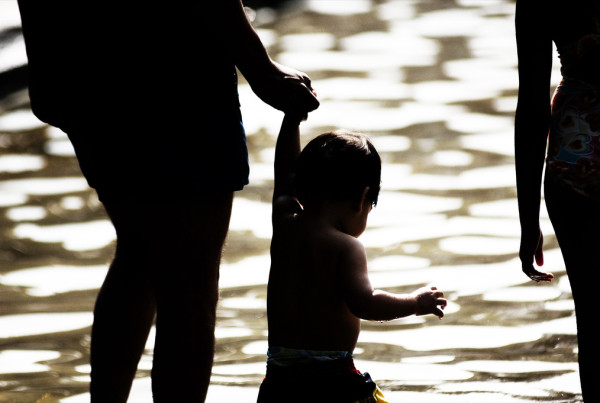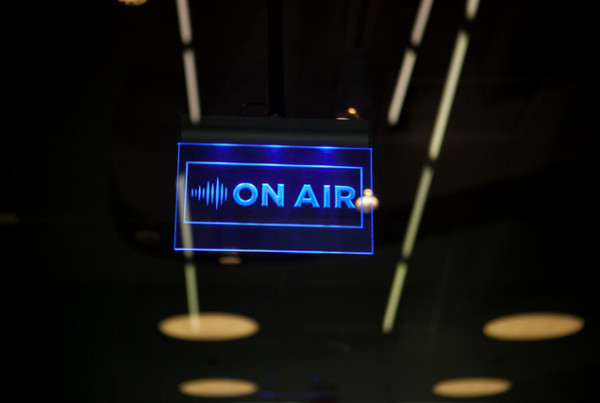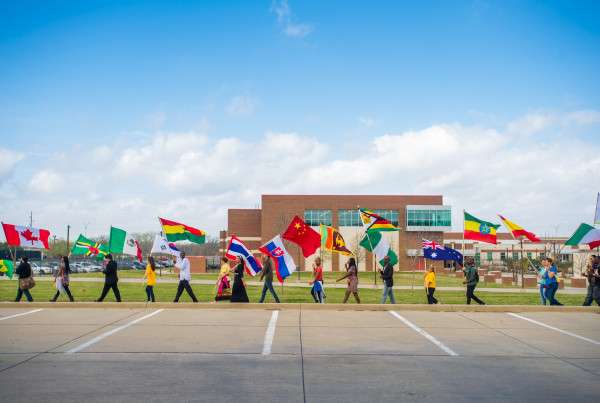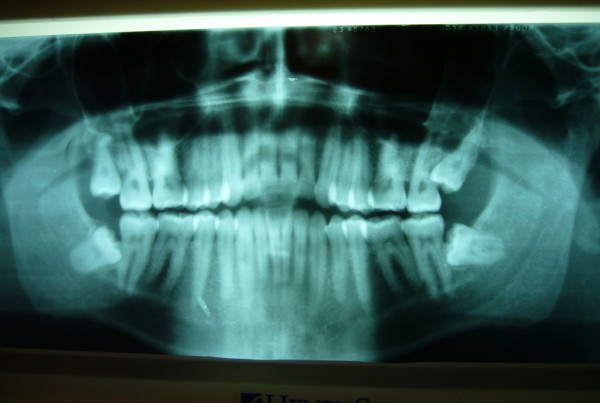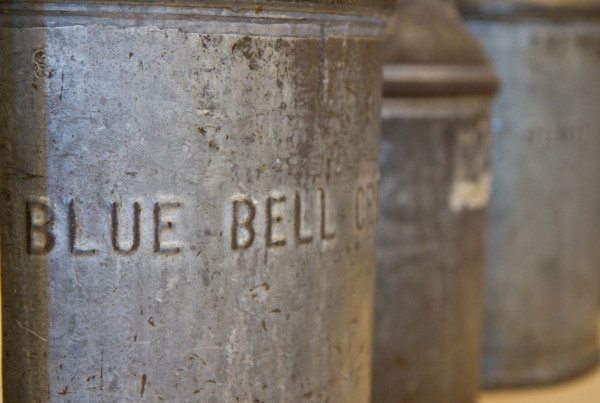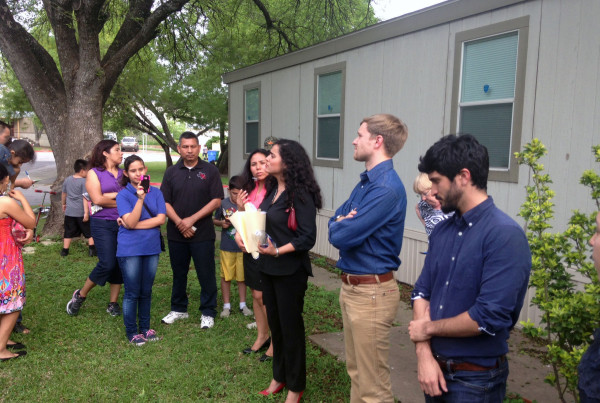There was a time when big was beautiful, more was better, and greed was good. That time was the 20th century, when we solved the new problem of overproduction, and the age-old problem of scarcity, by embracing materialism – the idea that the best way to find happiness, identity, status and meaning was by buying more, more, more consumer goods.
And what an idea that was. Materialism and the consumer revolution delivered advances in standards of living that were unprecedented in human history. They gave us all running water, washing machines, flat-screen TVs, and smartphones.
But the success of that system has caught up with us. It isn’t working anymore.
We no longer think of “more” in positive terms, like we used to. Now we think “more” means more hassle, more to store, more to step around, and more to think about. In our busy, cluttered lives, more is no longer better. It’s worse.
We all have more stuff than we could ever need: clothes we don’t wear, kit we don’t use, and toys we don’t play with. But having everything we thought we wanted isn’t making us happier. It’s cluttering up our homes. It’s making us feel anxious, stressed, and depressed in record numbers. According to some frightening new research, it might even be killing us.
Overwhelmed and suffocating from stuff, we are suffering from stuffocation.
So, what’s the solution?
The answer isn’t simply to clear out the clutter, tidy up, and buy less stuff. It’s far more revolutionary. And it’s far less hassle. And much more exciting. I call the solution “experientialism” and the pioneers who live this way “experientialists”. Instead of looking for happiness, identity, status, and meaning in material goods, like materialists did, these pioneers are finding happiness, identity, status and meaning in experiences instead.
Experientialism is the answer for many reasons. Here are three:
One, Because, as scientists have now proved, experiences are more likely to lead to happiness. So, if you want to be happy, rather than buy a new watch or another pair of shoes, spend more on experiences like holidays and time with friends.
Two, because it’s easy to become an experientialist – all you have to do is spend less of your time and money on stuff, and more on experiences.
And three, because many of us are starting to think and act this way already, like people who prefer an iPod to a huge CD collection, and people who use sharing economy services like Zipcar, Lyft or Airbnb.
Consider this the opportunity of our era. If we all embrace Experientialism – people, politicians, business – we’ll lead happier, more sustainable, more fun lives on a less damaged planet. Just as materialism and the consumer revolution transformed standards of living in the 20th century, so experientialism and an “experience revolution” will transform quality of life in the 21st century.
So if you believe in a better world, if you want more happiness, help solve stuffocation and join the most exciting movement of our age: the experience revolution.




